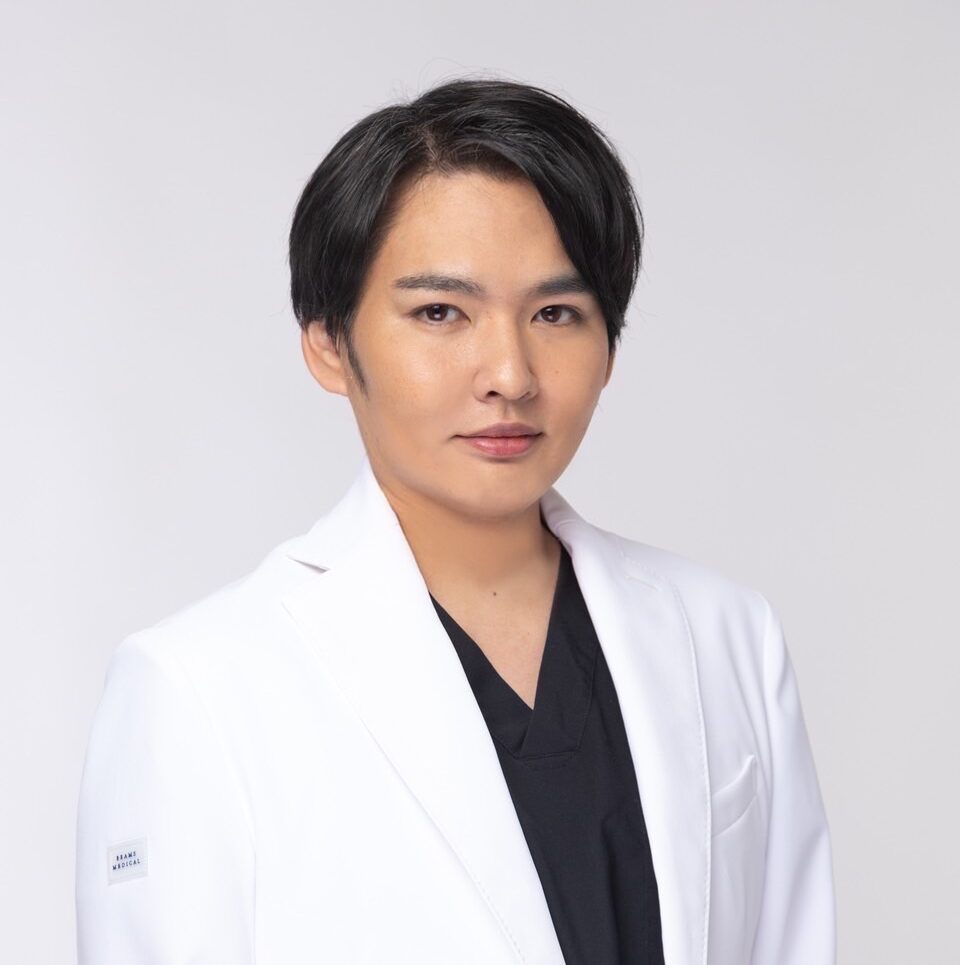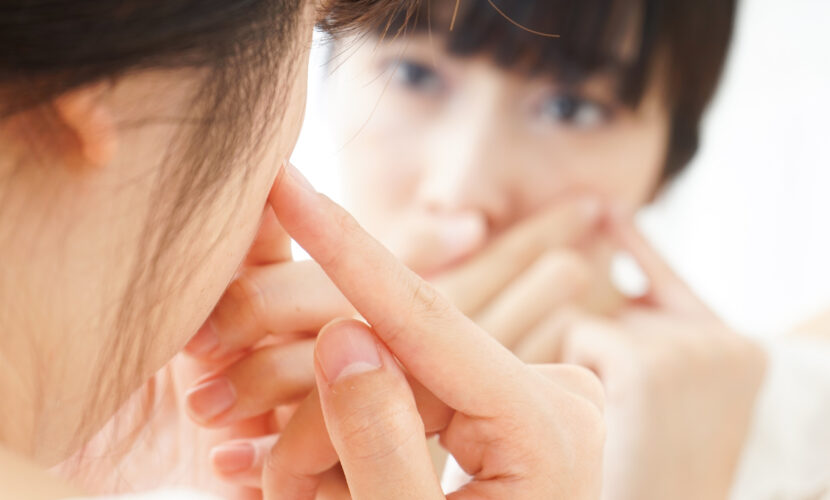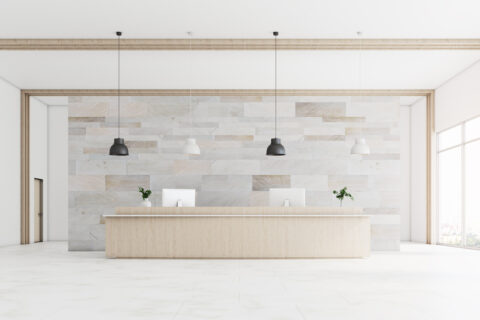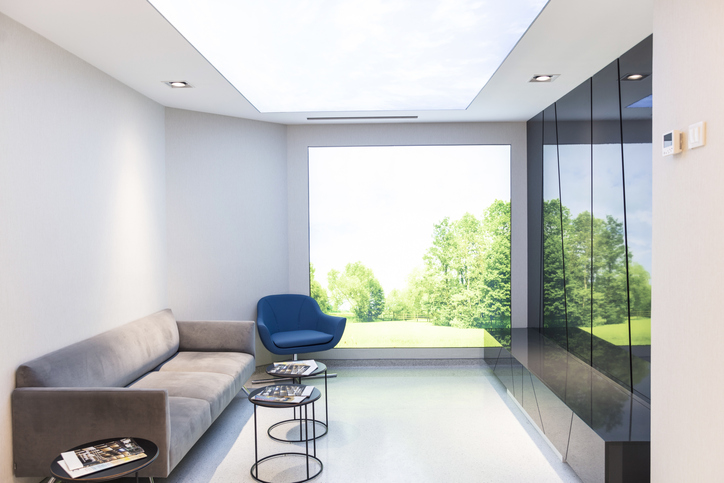Many of us have heard the phrase "cure acne in a day" only half believed. In today's society, the yearning for clear skin is strong, and the occurrence of acne, especially when it occurs suddenly, is a serious concern for many people.
Here we take a deep dive into the realistic possibilities of acne treatment and effective acne care measures, including whether it is really possible to cure acne in a day. We will explain the causes of acne, its mechanisms, and feasible treatments from an expert's perspective. We'll also show you how to take care of your acne by age, and help you better understand your acne.

Graduated from the Faculty of Medicine, National Kumamoto University. After serving as the director of major beauty clinics in Japan, etc., he opened Aladdin Aesthetic Clinic in 2023. He is a professional in aesthetic medicine with a doctorate in anti-aging research and many years of experience. With the motto of "Toward the realization of cosmetic medicine without lies," he aims to be the "Only One" together with his patients.
What is acne in the first place?

Acne is a condition in which the pores of the skin become clogged, causing inflammation. Some may wonder why I am the only one who suffers from acne. However, acne is a common skin condition that affects adults as well as young people, and many people experience it.
Causes of acne
The main causes of acne are excessive sebum production, clogged pores, and bacterial growth. Especially during puberty, hormonal fluctuations promote sebum secretion, making acne more likely to occur. Stress, diet, inadequate sleep, and improper skin care also affect acne outbreaks.
Mechanism of acne outbreak
The formation of acne occurs in several stages. First, the sebaceous glands secrete excessive sebum, clogging the pores. Bacteria within the pores, especially acne bacteria, use sebum as a source of nutrients and multiply, causing inflammation in the process. This is what characterizes acne with redness, swelling, and pain.
The skin is an important barrier that protects our bodies, and healthy skin plays an important role in our daily lives. Acne may seem like a small problem, but it can have a significant impact on our self-confidence and psychological health. That is why proper knowledge and proper care are so important.
Is it possible to cure acne in one day in the first place?

The desire to "cure acne in a day" is an earnest desire shared by many. However, the answer to this question is complex. From a medical point of view, treating acne takes time. So is it really impossible to cure it in one day? Here we will discuss realistic treatment times and the limitations of one-day treatment.
Duration of treatment from a medical perspective
The time required to treat acne varies greatly depending on the type of acne (black acne, white acne, red acne, pyogenic acne, etc.), severity, and individual skin characteristics.
Mild acne is usually characterized by clogged pores and mild inflammation, which often improve within days to weeks with proper skin care and common therapeutic agents (e.g., salicylic acid and benzoyl peroxide). These agents inhibit sebum production, unclog pores, and soothe inflammation.
On the other hand, moderate to severe acne is characterized by deep inflammation, pus and cyst formation, and often pain and marked redness. These conditions are difficult to address with simple topical (local) treatment alone and may require a systemic approach (e.g., oral antibiotics or hormone therapy) or more potent topical treatments (e.g., retinoids). It is not uncommon for complete treatment of severe acne to take months and sometimes more than a year.
Limitations of a one-day cure
While the challenge of "curing acne in a day" is not a realistic one, there are ways to relieve noticeable symptoms in a short period of time. For example, topical treatments or skin care products containing anti-inflammatory ingredients (e.g., hydrocortisone or zinc) can temporarily decrease redness and swelling.
While these products may help reduce the inflammatory response and alleviate outward symptoms, they do not address the underlying cause of acne. Therefore, they should be considered temporary solutions for emergencies and are not a substitute for a long-term treatment plan.
Realistic approach and expectations
Treating acne takes time and patience. While it is understandable to expect rapid improvement, it is essential to practice proper skin care to protect the health of the skin.
This includes proper cleansing, moisturizing, use of sunscreen, and, if necessary, guidance from a professional (dermatologist or cosmetic dermatologist).
Lifestyle modifications are also important in the treatment of acne. Proper sleep, a balanced diet, regular exercise, and stress management promote overall skin health and help prevent acne outbreaks. In particular, specific actions such as avoiding high GI (glycemic index) foods, drinking adequate fluids, and avoiding excessive skin contact can help prevent acne.
Acne by age and gender.

Acne is a common problem for many people of all ages, but its causes and proper care vary from age to age. From adolescents to adults, acne affects our skin in many ways, and there are specific causes and remedies for each age group. In this section, we will delve into the characteristics of acne found in different age groups and the best ways to care for it.
Acne Care for Teenagers in Middle and High School|Characteristics and Measures for Adolescent Acne
Acne during puberty is caused primarily by hormonal changes. During this period, the body grows rapidly and hormone production increases. This encourages overproduction of sebum, which can easily clog pores, making acne more likely to occur. In particular, it can appear on the face as well as on the back and chest.
Proper skin care is extremely important in the care of adolescent acne. The basic principle is to keep the skin clean by removing sebum and dirt with gentle daily cleansing. Proper moisturizing also helps strengthen the skin's barrier function and inhibit excessive sebum secretion. When selecting cosmetics and skincare products, it is recommended to choose those that are low in oil and labeled "non-comedogenic (does not clog pores).
Adult acne in adults in their 20s and beyond|Effects of stress and lifestyle
Unlike adolescent acne, adult acne is primarily caused by stress and lifestyle disturbances. Stress at work, lack of sleep, irregular eating habits, tobacco and alcohol consumption can affect hormone balance and sebum production. These factors can promote skin inflammation and worsen acne.
Lifestyle modification is key in the care of adult acne. It is important to learn how to relax and de-stress to manage stress, get enough sleep, and eat a well-balanced diet.
It is also important to maintain a gentle skin care routine and protect the skin with proper moisturization and use of sunscreen. Adult skin tends to be especially dry and more sensitive than adolescent skin, so it is important to choose non-irritating skin care products.
Acne Care for Men
Men's skin tends to produce more sebum than women's. This is due to the influence of male hormones (androgens). Therefore, men often suffer from acne, especially due to excessive sebum production. Skin irritation and small scars caused by shaving can also cause acne.
In men's acne care, it is important to wash the face daily to remove sebum. However, care should be taken not to over-dry the skin when washing the face, and moderate moisturizing should also be remembered. When shaving, it is recommended that sharp blades be used and that sufficient lather be applied to the skin to reduce stress on the skin.
Women's Acne Care
In women, fluctuations in hormonal balance have a significant impact on the occurrence of acne. Hormonal changes, especially those associated with the menstrual cycle, increase sebum production, which can easily lead to acne. Women may also experience irritation from cosmetics and clogged pores, which can cause acne.
Hormonal balance is important in women's acne care. This includes a well-balanced diet, adequate sleep, and stress management. In skin care, it is important to choose products that are gentle on the skin and avoid clogging pores. It is also recommended to take breaks from makeup as needed to allow the skin to rest.
Is there any acne care method that works reliably and as quickly as possible?

For those who want to heal acne as quickly as possible or suffer from acne scars, a dermatologist or cosmetic dermatologist is an effective option to identify and treat the cause of the problem. For example, laser therapy and specialized skin care are highly effective in treating acne and its scars.
Effective in the treatment of acne, laser therapy acts on the deeper layers of the skin, reducing inflammation and promoting skin regeneration. This not only speeds up the healing of acne, but also improves acne scars. Professional skin care is also a particularly good option for severe acne and stubborn acne scars, as it provides individualized treatment for each skin condition.
Those acne scars are often caused by delayed treatment or forcible crushing. The most effective way to prevent acne scars is to treat acne early and properly. If acne scars do occur, the use of creams containing retinoids or peeling agents can be effective. These promote skin regeneration and reduce the appearance of scars.
summary
Through the information here, we hope you now understand the reality of curing acne in a day and the feasible methods of care. The key is proper knowledge and appropriate skin care. Acne care must be tailored to the age and lifestyle of the patient, and sometimes the use of cosmetic medicine is one way to achieve this. By striving to prevent acne in your daily life and by performing appropriate self-care, you can achieve healthy skin. Take a bright and positive approach to your skin health.
At Aladdin Aesthetic Clinic, based on our many years of experience in cosmetic medicine and cosmetic dermatology and the knowledge of our doctoral degree, we provide counseling that aims to be "only one", offering the best treatment for each person we meet. We offer only the necessary treatments without any unnecessary information or suggestions.
Feel free to use our official LINE account for 24-hour counseling and reservations. Please feel free to contact us for free counseling for the first time or if you have any concerns.





